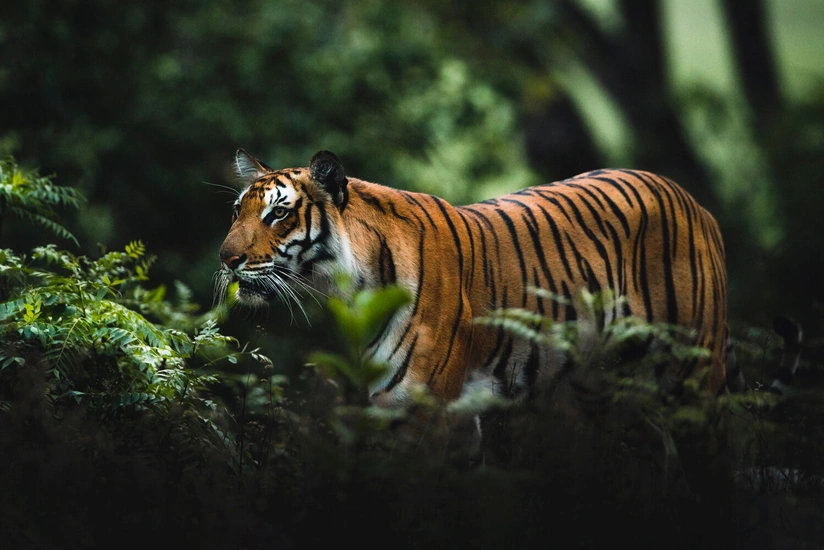Monitored wildlife populations significantly decreased over past 50 years
- 11 October, 2024
- 08:03

Over the past 50 years (1970–2020), the average size of monitored wildlife populations has shrunk by 73%, as measured by the Living Planet Index (LPI), Report informs, citing the Zoological Society of London (ZSL).
The Living Planet Index is a key indicator that conservationists use to understand the state of nature and guide conservation action. It reflects the average trend in monitored wildlife populations of mammals, birds, amphibians, reptiles and fish around the world, and is an early warning of increasing extinction risk and the potential loss of ecosystem function and resilience.
This is based on almost 35,000 population trends and 5,495 species of amphibians, birds, fish, mammals, and reptiles. Freshwater populations have suffered the heaviest declines, falling by 85%, followed by terrestrial (69%) and marine populations (56%).
At a regional level, the fastest declines have been seen in Latin America and the Caribbean – a concerning 95% decline – followed by Africa (76%) and the Asia and the Pacific (60%).
Declines have been less dramatic in Europe and Central Asia (35%) and North America (39%), but this reflects the fact that large-scale impacts on nature were already apparent before 1970 in these regions: some populations have stabilized or increased thanks to conservation efforts and species reintroductions.
In the natural world, a number of tipping points are highly likely if current trends are left to continue, with potentially catastrophic consequences. These include global tipping points that pose grave threats to humanity and most species, and would damage Earth’s life-support systems and destabilize societies everywhere.
